Author: Sanjay Rath
Rāma Rahasya Upaṇiṣad
Contributed by Sarbani Rath
Ekākṣarādi Mantra
Tārkṣa
सनकाद्या मुनयो हनूमन्तं पप्रच्छुः।
आञ्जनेय महाबल तारकब्रह्मणो रामचन्द्रस्य
मन्त्रग्रामं नो ब्रूहीति।
sanakādyā munayo hanūmantaṁ papracchuḥ |
āñjaneya mahābala tārakabrahmaṇo rāmacandrasya
mantragrāmaṁ no brūhīti |
Translation: The saints headed by Sanaka again asked Hanūman: “Son of Āñjani of greatest strength, please speak the collection of Mantras for Tāraka-Brahmaṇa Rāmachandra.
हनूमान्होवाच।
वह्निस्थं शयनं विष्णोरर्धचन्द्रविभूषितम्।
एकाक्षरो मनुः प्रोक्तो मन्त्रराजः सुरद्रुमः॥ १॥
hanūmānhovāca |
vahnisthaṁ śayanaṁ viṣṇorardhacandravibhūṣitam |
ekākṣaro manuḥ prokto mantrarājaḥ suradrumaḥ || 1||
Translation: fire (ra), śayana viṣṇu (ā) ardhacandra (ṁ) or rāṁ (राँ) is the one syllable mantra said by the wise to be
Defining the ayana
This opens a much bigger question that I have had: how should we actually define uttara-ayana. It seems that it was originally the winter solstice, where the days begin to get longer, but since it has become associated with Makara Saṅkrānti it has been riding a sidereal year, of which it is not really a sidereal calculation but a tropical calculation. If we truly are observing the Sun returning or the Sura increasing, then there is no relation to the signs, just actual ayanas (solstices).
Namah Shivaya
Freedom T.
Ganapati – Rig Veda
Ṛk Veda Maṇḍala 2, Hymn 24, Śloka 1
गणानां त्वा गणपतिं हवामहे कविं कवीनामुपमश्रवस्तमम्।
ज्येष्ठराजं ब्रह्मणां ब्रह्मणस् पत आ नः षृण्वन्नूतिभिः सीद सादनम्॥
gaṇānāṁ tvā gaṇapatiṁ havāmahe kaviṁ kavīnāmupamaśravastamam|
jyeṣṭharājaṁ brahmaṇāṁ brahmaṇas pata ā naḥ ṣṛṇvannūtibhiḥ sīda sādanam ||
Try saying each word group 12 times …8 groups
||
Then recite the full śloka-mantra 108 times. In this say ‘auṁ’ loudly (long) first and then in next breath say full śloka once.
You should be able to sing this in 10-20 days if you try hard.
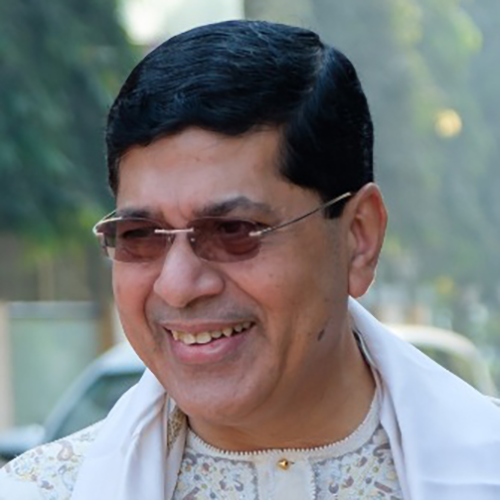
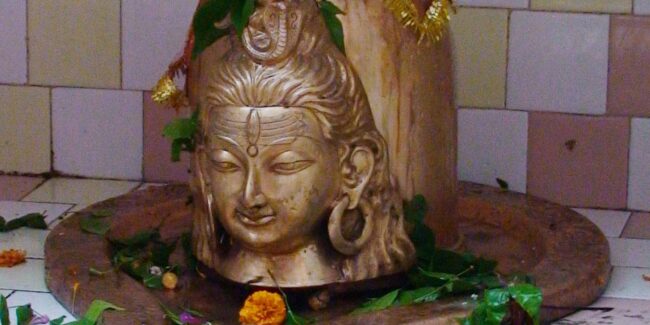
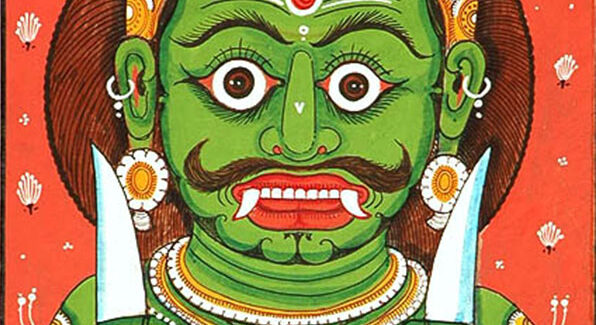
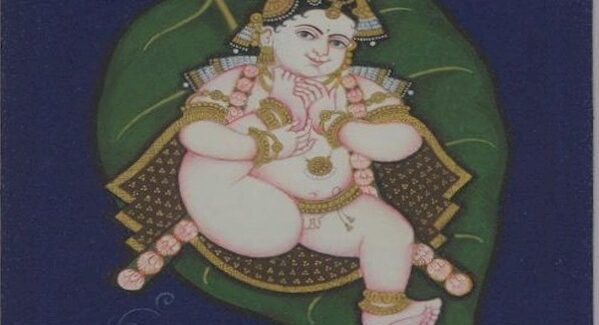
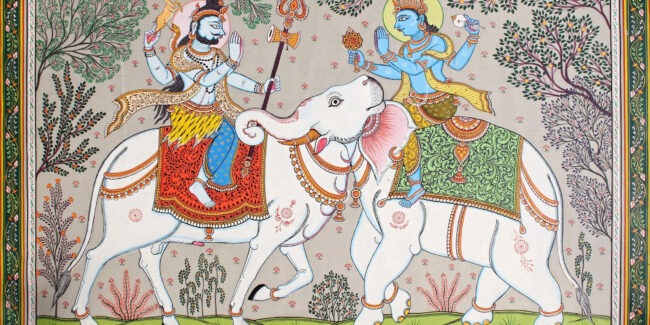
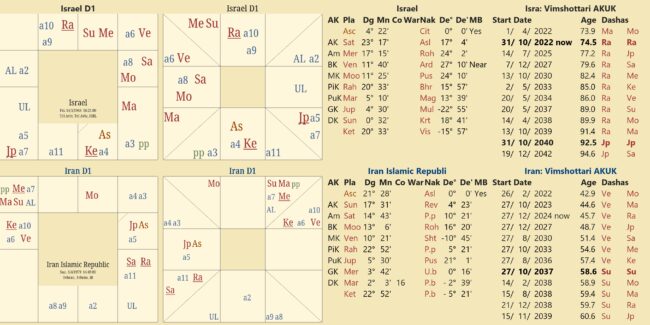




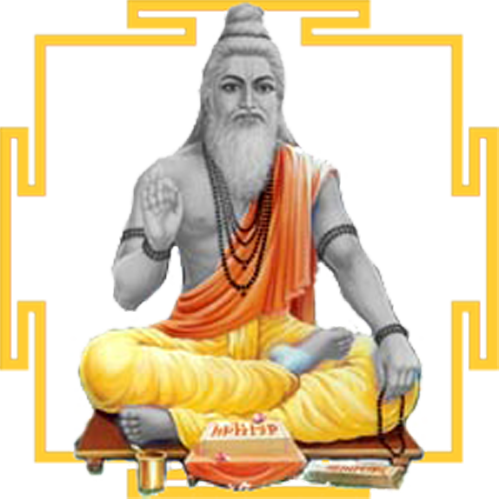 DBC offers online courses in jyotish (Vedic Astrology) taught directly by Sanjay Rath as per the tradition, through narrated power points and other audio tools. The courses are at different levels, from the beginners through the intermediate to the advanced and are known as SoHamsa | DBC courses, with individual classrooms and assistant teachers
DBC offers online courses in jyotish (Vedic Astrology) taught directly by Sanjay Rath as per the tradition, through narrated power points and other audio tools. The courses are at different levels, from the beginners through the intermediate to the advanced and are known as SoHamsa | DBC courses, with individual classrooms and assistant teachers
 Sagittarius Publications is the publisher and distributor the popular quaterly magazine the Jyotish Digest, as well as many thorough books on the subject of Vedic Astrology or Jyotish.
Sagittarius Publications is the publisher and distributor the popular quaterly magazine the Jyotish Digest, as well as many thorough books on the subject of Vedic Astrology or Jyotish. We have an excellent pandit Divākar ‘Deva’ Mishra, who is from the priests of Vindhyāvāsini Siddha Pīṭha to guide you through the hundreds of temples of Kāśi [Varanasi] and neighbouring regions. He can organise your pūjā, keep you safe and take care. He is supported by an English-speaking well-travelled spouse ‘Supriya Mishra’. Please contact them directly for any services, remedial pūjā and tours. They handled the 60+ member Kāśi Jyotiṣa Group 2022.
We have an excellent pandit Divākar ‘Deva’ Mishra, who is from the priests of Vindhyāvāsini Siddha Pīṭha to guide you through the hundreds of temples of Kāśi [Varanasi] and neighbouring regions. He can organise your pūjā, keep you safe and take care. He is supported by an English-speaking well-travelled spouse ‘Supriya Mishra’. Please contact them directly for any services, remedial pūjā and tours. They handled the 60+ member Kāśi Jyotiṣa Group 2022.